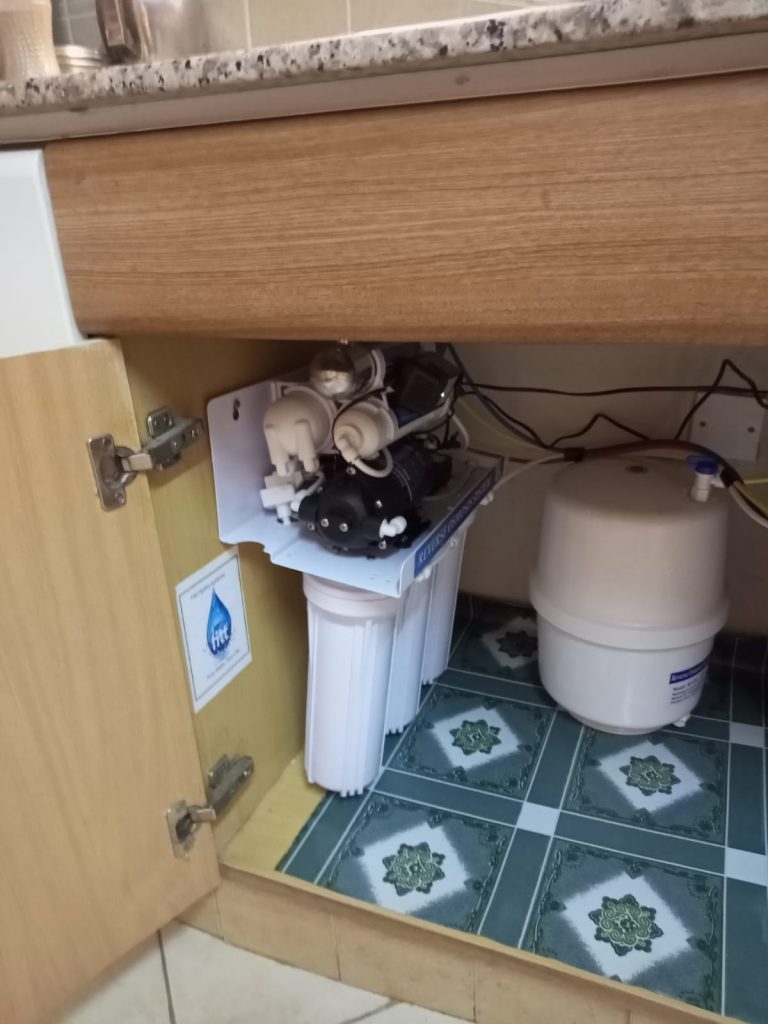What is fluoride?
Fluoride is a mineral that prevents tooth decay. It is included in the water supply or taken as a supplement (called systemic fluoride). It also strengthens tooth enamel and reduces the harmful effects of plaque. Fluoride also makes the entire tooth more resistant to tooth decay. And it helps remineralization, which helps repair early rot or decay.
How Does Fluoride Work?
Cavities are caused by tooth decay. Tooth decay is caused by some types of bacteria (germs) in the mouth. These bacteria make acid that can break down tooth enamel. Fluoride prevents the acid from breaking down the enamel. It also helps teeth damaged by acid to repair themselves. Fluoride cannot repair cavities, but it can reverse some tooth decay and prevent new cavities.
Risks
All water contains fluoride. Fluoride content in water is usually not sufficient to prevent tooth decay. However, some groundwater and natural hot springs can, of course, contain high levels of fluoride.
Too much fluoride can cause the following:
Dental fluorosis

A fluoride content of 0.7 ppm is considered optimal for dental health. Concentrations above 4.0 ppm can be dangerous.
Exposure to high levels of fluoride in childhood during tooth development can cause mild dental fluorosis. Tooth enamel has small white streaks and spots. This does not affect dental health, but discoloration may be seen. Breastfeeding your baby or preparing infant formula with fluoride-free water can help protect your baby from fluorosis. Children under the age of 6 should not use fluoride-added mouthwash.
Skeletal fluorosis
Excessive exposure to fluoride can cause a bone disease known as skeletal fluorosis. This can cause pain and damage to bones and joints over the years. Bone hardens and becomes less elastic, increasing the risk of fractures. As bone thickens and builds up of bone tissue, joint mobility can decrease.
Thyroid problems
In some cases, excess fluoride can damage the parathyroid glands. This can lead to hyperparathyroidism with uncontrolled secretion of parathyroid hormone. This can lead to depletion of calcium in the bone structure and higher than average calcium levels in the blood. Low bone calcium levels make it easier to fracture.
Neurological problems
Prenatal exposure to fluoride may reduce cognitive function in the future. The researchers measured fluoride levels in 299 pregnant women and children aged 6 to 12 years. They tested cognitive ability between the ages of 4 and 6-12. Higher fluoride levels result in lower IQ test scores. Fluoride, along with 10 other industrial chemicals including lead, arsenic, toluene and methylmercury, has been recorded as a neurotoxin that can pose a risk to infant development.
How to Remove excess Fluoride from Water
Reverse osmosis filtration systems are a simple solution for removing fluoride from drinking water. The reverse osmosis (RO) system can remove 85-92% * of fluoride from water. Basically, reverse osmosis technology uses household water pressure to force tap water through the filtration process. Water passes through a semipermeable membrane and additional filters such as precipitates and carbon filters (many reverse osmosis systems have a four-step process for optimal water quality). Learn more about how reverse osmosis works here. Fitt Hydro-Systems installs reverse osmosis water filters countrywide.

Reverse osmosis filters out fluoride and many other contaminants including:
Are Water Filters that Remove Fluoride Expensive?
Reverse osmosis has become increasingly popular because it is a safe, cost-effective, easy-to-maintain water filtration system. A family of four can have fresh, great-tasting Reverse Osmosis-filtered water each day for just pennies per liter. A new reverse osmosis system typically costs less than KES. 33,000.
A residential reverse osmosis system is small, It is typically installed under a kitchen sink. The system can also be connected to your refrigerator and ice machine
Instead, for fluorides removal, we recommend a small reverse osmosis water filter system installed for drinking water at the kitchen sink. You might also consider installing a UV light water purifier to protect all the water coming into your home from microbiological contaminants such as viruses and bacteria.
